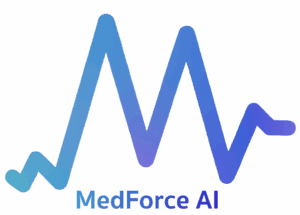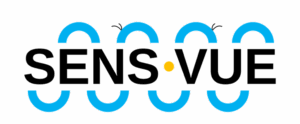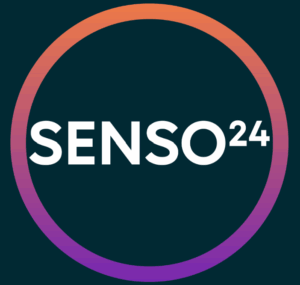We are excited to welcome the following companies to our NHS Market Access Accelerator 2025. Find out more about them below and keep up-to-date on their progress in our MAA by visiting our LinkedIn page, following us on X, or subscribing to our newsletter.
Click here to download our 2025 MAA Brochure (.pdf)
CEFREFCEFREF is an advanced electronic migraine and headache diary app, available on Android and iOS. It was designed by founder and consultant neurologist Benjamin Wakerley to simplify accurate monitoring of headache frequency/severity and painkiller usage and was created to improve management of migraines. Designed with simplicity in mind, the app’s three-step approach allows patients to record headache severity, medication used and additional notes. Patients can also analyse their own data and share this information with their healthcare provider which can help determine the most appropriate treatment. |
|
 |
eAltra is a conversational AI which aids cancer treatment delivery, reducing the time spent by clinicians in assessing patients by up to 50%. It allows patients to more freely exchange information with their clinical team, allowing for toxicity screening, holistic needs assessments, patient reported outcomes and patient concern logging, all while integrating with the patient’s electronic health records (EHR). |
 |
HatopyHatopy provides a novel approach to managing eczema by utilising wearable technology and AI to objectively track the condition and transform the daily experience of living with it into meaningful insights. Unlike traditional tracking apps, Hatopy offers real-time feedback and personalised interventions to help users recognise potential triggers, prevent fare-ups, and take more control of their condition. |
 |
MatriwellMatriwell’s innovation, MothersPA, is a healthcare companion for mothers which looks to tackle the systemic inequalities present in maternity care. The AI-powered software analyses the user’s full medical history, symptoms, self-reported health data, and where possible, real-time electronic patient record (EPR) records to identify risks and provide a summary. The summary empowers mothers to advocate for themselves and provides clinicians with data to enable them to make faster and more informed decisions, enabling mothers to receive the right care at the right time. |
 |
MedForceAIMedforceAI is transforming healthcare with a deep medical reasoning system designed to close the global clinical expertise gap. Deep medical reasoning is the use of advanced artificial intelligence that mimics how expert clinicians think. It acts as a vital safety net for clinicians, helping to catch potential medical errors before they can happen, while proactively identifying patients impacted by evolving medical guidelines, automatically re-running their diagnostic and treatment plans, notifying clinicians if an updated course of action is recommended. |
 |
Sens-VueSens-Vue have created an AI solution (GlauKomAI) to detect vision-threatening glaucoma for early prevention and precise treatment. Their artificial intelligence solutions operate on different devices, empowering care providers by enabling faster diagnosis, reducing referrals to ophthalmology clinics and wait times. GlauKomAI can diagnose glaucoma from eye images in seconds using an AI algorithm supported by bio-sensing technologies. |
 |
Skystrm (Senso24)Skystrm have developed Senso24 which is a 24/7 AI-driven monitoring solution, designed to ensure safety and independence for individuals at home or in care settings. It uses non-invasive computer vision and machine learning to detect falls and health abnormalities in real-time and provides instant alerts to healthcare staff, carers and, if needed, the emergency services. |
 |
VocaVibeVocaVibe’s innovation is a conversational chatbot for people living with Parkinson’s, which lets patients and clinicians catch the earliest signs of symptom progression. Through active interaction with patients throughout the day, the chatbot continuously monitors signs of motor symptom progression, cognitive decline, depression, swallowing difficulties and treatment effect. Real-time alerts are provided to the patient’s clinicians, enabling earlier intervention and preventing common causes of hospitalisation, such as aspiration pneumonia and medication mismanagement. |